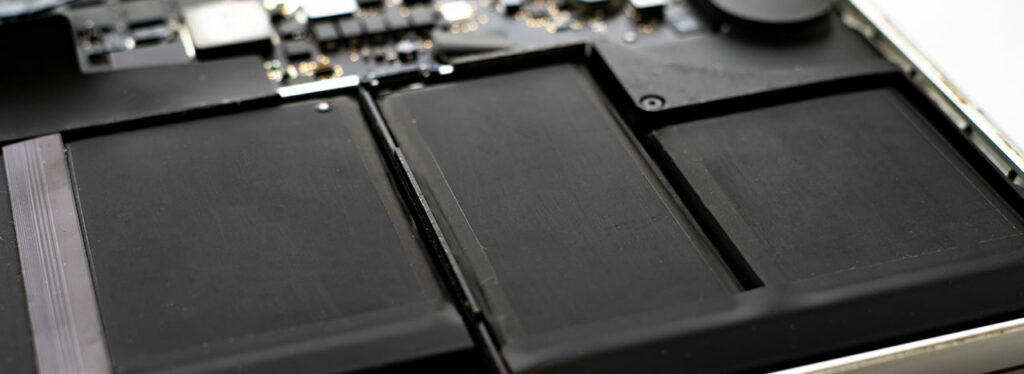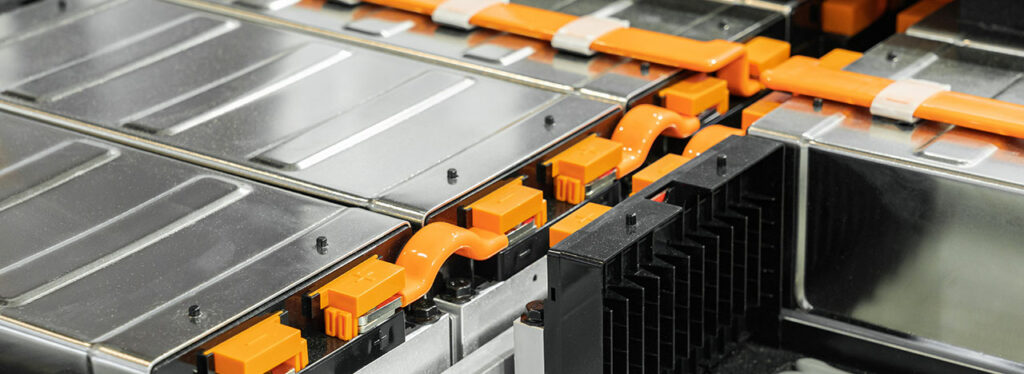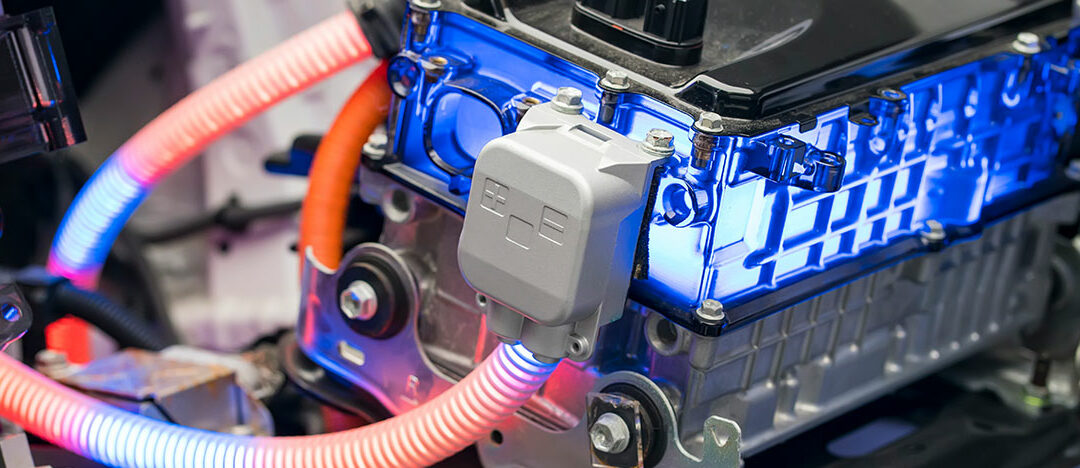Lithium batteries power a wide variety of devices and equipment. That includes providing the spark when you turn the key (or push the button) to start your car or truck. They have a high capacity, provide a large number of charge cycles, and are a low-maintenance battery.
Unfortunately, if not handled properly—particularly when being shipped—lithium batteries can pose a significant fire or explosion risk. According to OSHA (the Occupational Safety and Health Administration), that risk is increased if a battery has design defects, is made of low-quality materials, or is assembled incorrectly. And since those flaws may not be readily apparent, it is crucial to package and ship lithium batteries with great care.
Why Are Lithium Batteries Dangerous?
Lithium battery technology has been in use for more than 25 years, so you might expect it to be very safe. However, the reality is that pressure to pack more energy into smaller batteries at a lower price seems to have had the opposite effect. Consequently, the risk of an adverse reaction inside a lithium battery remains high.
Lithium batteries contain a separator that keeps components from coming into contact with one another. If that partition is damaged in some way and the electrodes touch, the battery heats up very quickly. Lithium batteries also contain a flammable electrolyte. If it gets too hot, a chemical reaction can take place leading to what’s called thermal runaway. In some cases, the result is a fire or explosion.
If this situation develops in an improperly packaged or handled battery within a shipment of other products, the results can be disastrous—not just in terms of property damage, but also in the risk to anyone in close proximity to the battery.

Lithium Batteries Are Considered Dangerous Goods
For the reasons described above, the United Nations (UN) classifies lithium batteries as “Dangerous Goods, Class 9.” With that label comes the responsibility of the shipper to ensure the proper and safe handling of lithium batteries.
That requires knowledge of their characteristics and also working with a specialty packaging, crating and shipping company like Craters & Freighters that understands the challenges and has experience in the safe handling of dangerous goods. We have industry-leading expertise in packing and shipping hazardous materials according to 49 CFR, IMDG, IATA, and ICAO regulations, and can handle every detail of a lithium battery shipment.
UN-Certified Packaging, Labeling and Documentation for Shipping Lithium Batteries
The critical first step in shipping lithium batteries for cars or other uses is properly packaging them in a container that is strong and damage-resistant, and that can capture and retain any electrolyte leakage.
It is also crucial that lithium battery shipments be properly labeled and have the necessary accompanying documentation. Our hazardous materials specialists work with you to ensure that your shipment is correctly identified so that anyone coming in contact with the container understands that it contains lithium batteries and that there are associated hazards.
Lithium Battery Shipping for Manufacturing, Distribution or Recycling
Companies ship lithium batteries for many different reasons. In some cases, they need to have them transported from one of their locations to another for use in production processes like automobile manufacturing. In other cases, a shipper’s role is simply the distribution of lithium batteries to end-users.
Lithium batteries are also shipped to recycling centers for processing. These different purposes may involve different shipping methods and containers. For example, when lithium batteries are shipped in the auto industry, there are typically multiple units that have to be safely transported, whereas a distributor might only be sending one battery to an end-user.
Shipping Damaged or Defective Lithium Batteries
If a lithium battery is damaged or defective, it cannot simply be discarded. Typically, it is either sent out for repairs or transported to a recycling facility where it can be dismantled safely. The shipping of damaged or defective lithium batteries is especially complicated. It may require a specialty crating, packaging and shipping company like Craters & Freighters to use containers and processes specially designed for that purpose.

Vetting a Company for Lithium Battery Shipping
How do you know if a company you are considering for shipping your lithium batteries is qualified? There are a few key characteristics to consider. First, how long has the company been in business? An organization that has only recently gotten into the specialty shipping industry probably does not have the level of expertise you need for safely shipping your lithium batteries.
Second, is the company a respected provider of specialty packaging and crating services? A long list of satisfied clients is a good indicator that the business provides good customer service, meets deadlines and uses industry best practices to ensure the safety of the products it ships and the people exposed to those products.
Finally, does the company have specialized dangerous goods shipping expertise? Any shipping company can say they are able to ship lithium batteries. If a company cannot provide details on many successful hazmat shipping projects, they may not be the right provider for you.
Lithium Battery Shipping: Essential to Businesses and Safe When Done Properly
Lithium batteries are vital components in cars and countless other machines and devices. Transporting them from place to place is vital for the companies that produce those products. There are significant risks in shipping lithium batteries, but there are processes and procedures for ensuring it is done safely.
Following those procedures and adhering to regulatory guidelines with the guidance of a specialty packaging, crating and shipping company is the best way to protect your shipment, the other products that accompany it and the people who handle your lithium batteries.
Craters & Freighters’ long history and deep experience in handling hazardous materials and designated “dangerous goods” like lithium batteries mean you can trust us to ensure your shipments make it safely to their destination.

